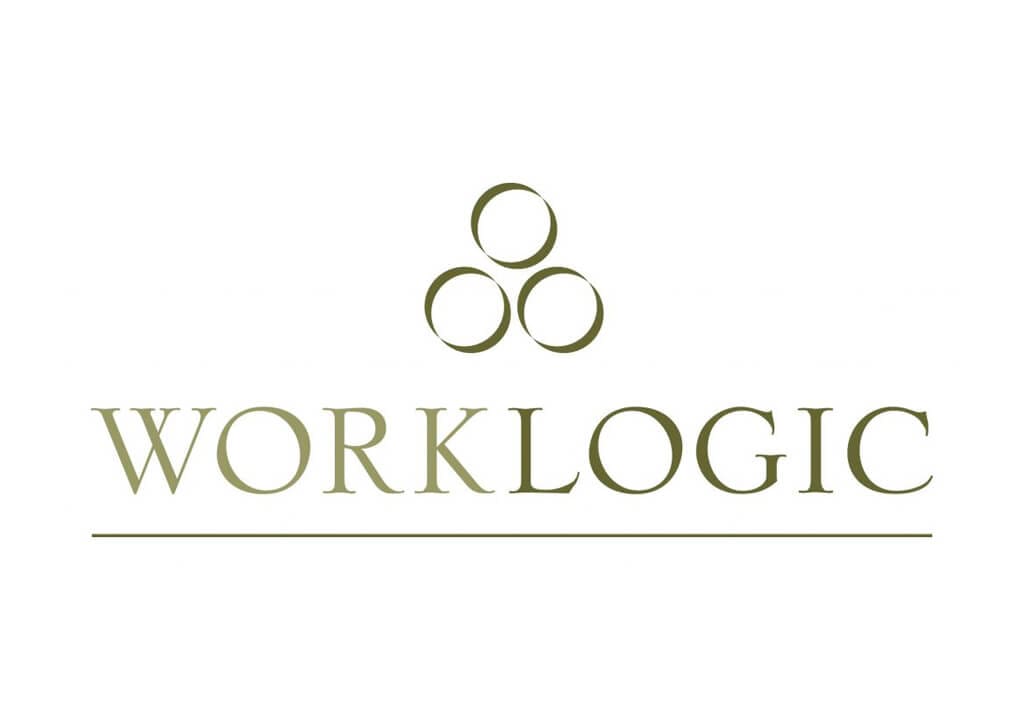For those who are fond of watching police dramas and legal shows, the term ‘investigation’ brings to mind police style interrogation, a relentless pursuit of ‘the truth’ and cases resolved on a ‘hunch’.
In fact, a workplace investigation should be a formal process with a predominant emphasis on fair procedure, an enquiry into allegations of behavioural misconduct to make findings of fact as to whether the alleged behaviour occurred or not.
Some of the common mistakes that Organisations make when conducting a workplace investigation include:
1. Assuming that an investigation is the answer to every workplace problem
It’s a mistake to adopt a one size fits all approach to resolving workplace issues. An investigation can be a useful tool when you need to establish specific facts, the stakes are high or a disciplinary outcome may follow. Investigations can also be time consuming, intensive and highly emotive so they won’t be appropriate in every instance.
If you are unsure what tool is the most appropriate to address a workplace issue, ask yourself this: what is the simplest path to resolution? Sometimes the answer will be an informal resolution via conciliation; sometimes guidance or coaching will do the trick; sometimes mediation or a facilitated discussion between two parties in conflict will work.
2. Acting on complaints that lack substance:
Many of the complaints we see lack specific factual detail but contain:
- Statements of emotion – I am horrified that…
- Statements of impact – This has made me unwell…
- Background/Rumours – I have also heard that….
- Conclusions – X obviously doesn’t like women
- Ambit claims – X always/constantly/never does…
- Allegations with particulars missing – He should not speak to me like that.
For an investigation to be procedurally fair the person responding to the allegations needs to understand what is being alleged. Make sure the allegations being investigated address how/what/when/where and who was involved.
3. Failure to follow the process
If you are under pressure for a resolution and time is of the essence it can be tempting to wrap things up quickly or maybe skip steps in an investigation– don’t! Fair process is the cornerstone of a successful workplace investigation. Plan your investigation and be thorough.
To conduct a procedurally fair investigation you must:
- see the investigation through to a timely conclusion, even while allowing for the reasonable delays you might encounter
- make sure the allegations put to the respondent(s) are clear and comprehensive – so that they can respond in detail to the complaint
- ensure all parties know they can bring a support person to any interviews
- approach the investigation with impartiality
- be able to support the conclusions you make from the evidence gathered
4. The wrong person investigates
A common mistake many organisations make is to appoint an investigator who has insufficient experience, lacks the time required to focus on the investigation or is not impartial.
The investigator MUST be, and be seen to be, impartial by all parties. They should NOT be
- A witness who will need to give evidence
- A friend or close colleague of one of the parties
- Someone who may benefit in any way from the outcome of the investigation
- Someone previously involved in disciplining any of the parties, if possible
5. The scope of the investigation is unclear
The investigator needs to have clear parameters about what they are investigating – and just as importantly-what they are not investigating. An investigation should not be used to unearth the employee’s dirty laundry.
6. Confidentiality is not respected
An investigation is a sensitive process and employees need to have faith in the process. Information gained through the investigation must be treated confidentially and not shared with anyone except those involved in the decision-making process. It’s important to be sensitive about privacy and to give thought to things such as where interviews are conducted.
7. Preconceptions about the outcome
There is probably no bigger mistake an investigator can make than assuming at the outset that they know what really happened. The investigator should maintain an open mind throughout the process and make a determination based on the evidence obtained.
8. Allowing the time frame to blow out
At times, it can be challenging to maintain procedural fairness in the face of logistical hiccups. Some delays may be legitimate, such as the illness of a participant, or recovery of documentary evidence. Document the reasons for the delays and try to keep the process moving. It is important that delays are managed effectively and communication is transparent. If you consider that a delay is illegitimate for instance a witness is stalling or placing unreasonable demands, remind participants that this is their opportunity to participate and the process will keep moving – with or without their participation.
9. Failure to consider all the relevant evidence in making findings of fact
The investigator should ensure that they have considered all relevant evidence including witness interviews, documents such as emails and social media data, photographs, time records etc and that the evidence relied upon supports their findings. The parties should also have been given the opportunity to respond to any evidence that is contradictory to theirs which the investigator intends to rely on
10. Poor communication
It’s easy for an investigation to go off the rails because the participants aren’t clear about what is happening or what’s expected of them. Being clear and consistent in your communications with participants will greatly increase their confidence in the process. Investigators need to be honest about what can be achieved by the process and keep participants updated about timeframes.
An investigation can be a challenging process as it is – by planning your approach and sticking to the process you increase your chances of things running smoothly. All the best!
If you want to gain the knowledge and skills needed to conduct an effective, fair and legally sound workplace investigation, then register for Worklogic’s upcoming training course “Conducting Workplace Investigations” on September 7 in Melbourne and Sydney. Register now.
About Sarah Tidey
 Sarah Tidey has been a consultant with Worklogic for six years, with a focus on workplace investigations and reviews as well as training and policy development. Sarah gained a comprehensive understanding of risk management and people management from fifteen years’ experience in the legal and financial services sectors.Sarah applies strong analytical and communication skills in workplace investigations and training.
Sarah Tidey has been a consultant with Worklogic for six years, with a focus on workplace investigations and reviews as well as training and policy development. Sarah gained a comprehensive understanding of risk management and people management from fifteen years’ experience in the legal and financial services sectors.Sarah applies strong analytical and communication skills in workplace investigations and training.
If your organisation hasn’t established clear processes to support reporting of misconduct and appropriate behaviour, then get started now! Worklogic offers a free workplace complaints reporting service, Integrity Line, that provides an independent, secure channel for your employees and stakeholders to report their concerns, anonymously if necessary. Book in for a free one hour consultation to discuss the workplace complaints reporting process at your work.
Subscribe to the Worklogic blog to receive expert advice on resolving workplace complaints and building a positive culture at work direct to your inbox each week!



